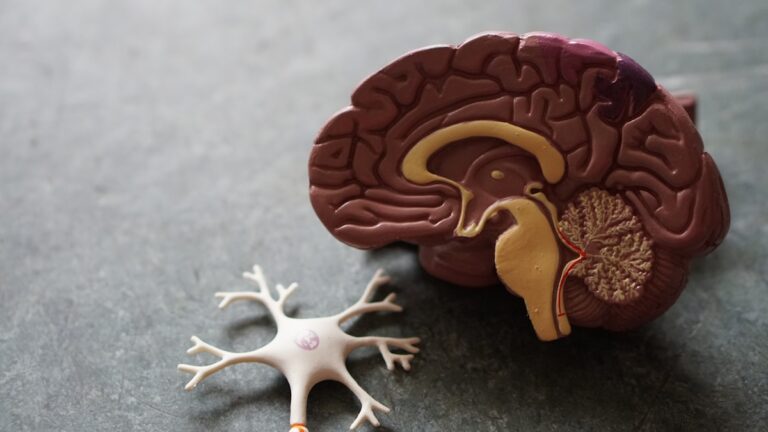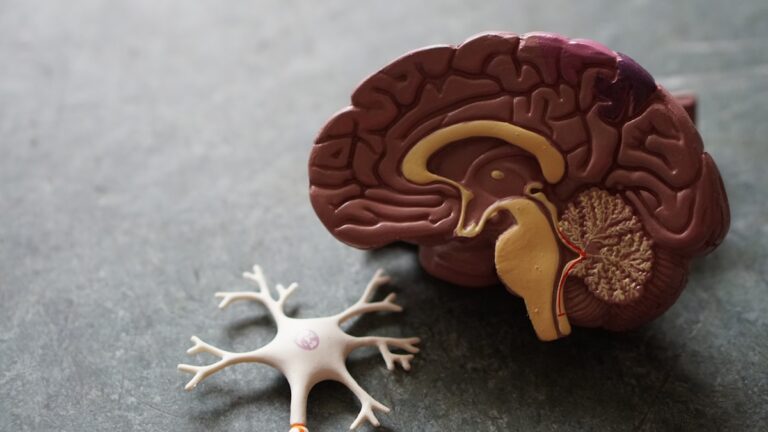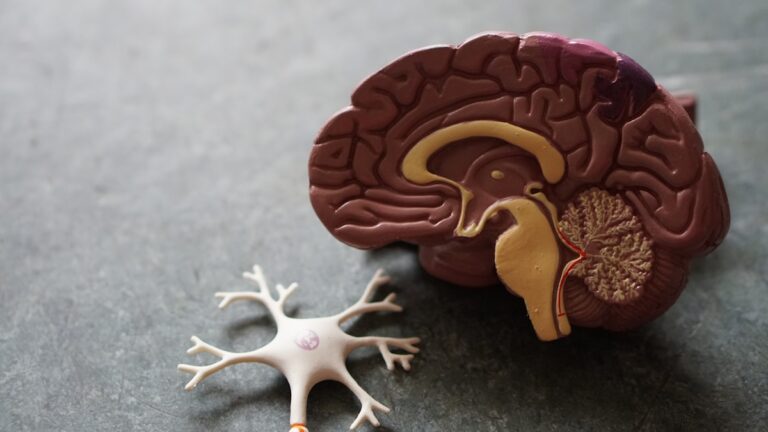**Blood-Based Biomarkers: The Future of Alzheimer’s Testing**
Alzheimer’s disease is a complex condition that affects millions of people worldwide. Diagnosing Alzheimer’s can be challenging, often requiring invasive tests like brain scans or spinal taps. However, researchers are making significant strides in developing blood-based biomarkers that could revolutionize the way we detect and manage Alzheimer’s.
### What Are Blood-Based Biomarkers?
Blood-based biomarkers are proteins or other substances found in the blood that can indicate the presence of a disease. For Alzheimer’s, these biomarkers can help detect the early stages of the disease, allowing for earlier intervention and potentially better treatment outcomes.
### Current Research
Several studies are currently exploring the use of blood-based biomarkers for Alzheimer’s. One promising biomarker is **placental growth factor (PlGF)**. Research has shown that higher levels of PlGF in the blood are associated with brain abnormalities and cognitive impairment indicative of Alzheimer’s disease[1]. This biomarker could be particularly valuable for screening younger adults, helping to prevent potential vascular injury and cognitive decline.
Another area of research focuses on **acetyl-L-carnitine and free carnitine**. These substances have been found to decrease in people with Alzheimer’s, suggesting they could serve as blood biomarkers for early-stage detection[2]. Further studies are needed to understand how these molecules affect brain chemistry and to develop more precise biomarkers.
### The ADAPT Trial
The ADAPT team, led by Professor Jonathan Schott and Dr. Ashvini Keshavan at University College London, is conducting a clinical trial focused on the **p-tau217** biomarker. This biomarker measures levels of two hallmark proteins found inside the brain in Alzheimer’s disease: amyloid and tau. The trial aims to see if measuring p-tau217 in the blood can increase the rate of diagnosis for Alzheimer’s disease, both in people with early dementia and those with mild, progressive memory problems[5].
### Potential Benefits
Blood-based biomarkers offer several advantages over current diagnostic methods:
1. **Non-Invasive**: Blood tests are much less invasive than brain scans or spinal taps, making them more comfortable for patients.
2. **Cost-Effective**: Blood tests are generally cheaper than other diagnostic methods, making them more accessible to a wider population.
3. **Early Detection**: By detecting Alzheimer’s in its early stages, blood-based biomarkers can help patients receive treatment sooner, potentially slowing down the progression of the disease.
### The Road Ahead
While significant progress has been made, there are still challenges to overcome before blood-based biomarkers become a standard tool in diagnosing Alzheimer’s. These include preparing healthcare providers to order and disclose these tests, expanding the workforce capable of interpreting these results, ensuring equitable access to testing, and securing access to treatments[4].
The Blood Biomarker Challenge, a collaborative program supported by Alzheimer’s Society, Alzheimer’s Research UK, and other organizations, aims to generate the evidence needed to make blood tests available in the NHS within the next five years. This initiative reflects the growing excitement and optimism in the scientific community about the potential of blood-based biomarkers to transform Alzheimer’s diagnosis and management.
In summary, blood-based biomarkers hold great promise for the future of Alzheimer’s testing. By providing non-invasive, cost-effective, and early detection methods, these biomarkers could significantly improve patient outcomes and pave the way for more effective treatments. As research continues to advance, we can look forward to a future where diagnosing Alzheimer’s is faster, easier, and more accurate than ever before.





